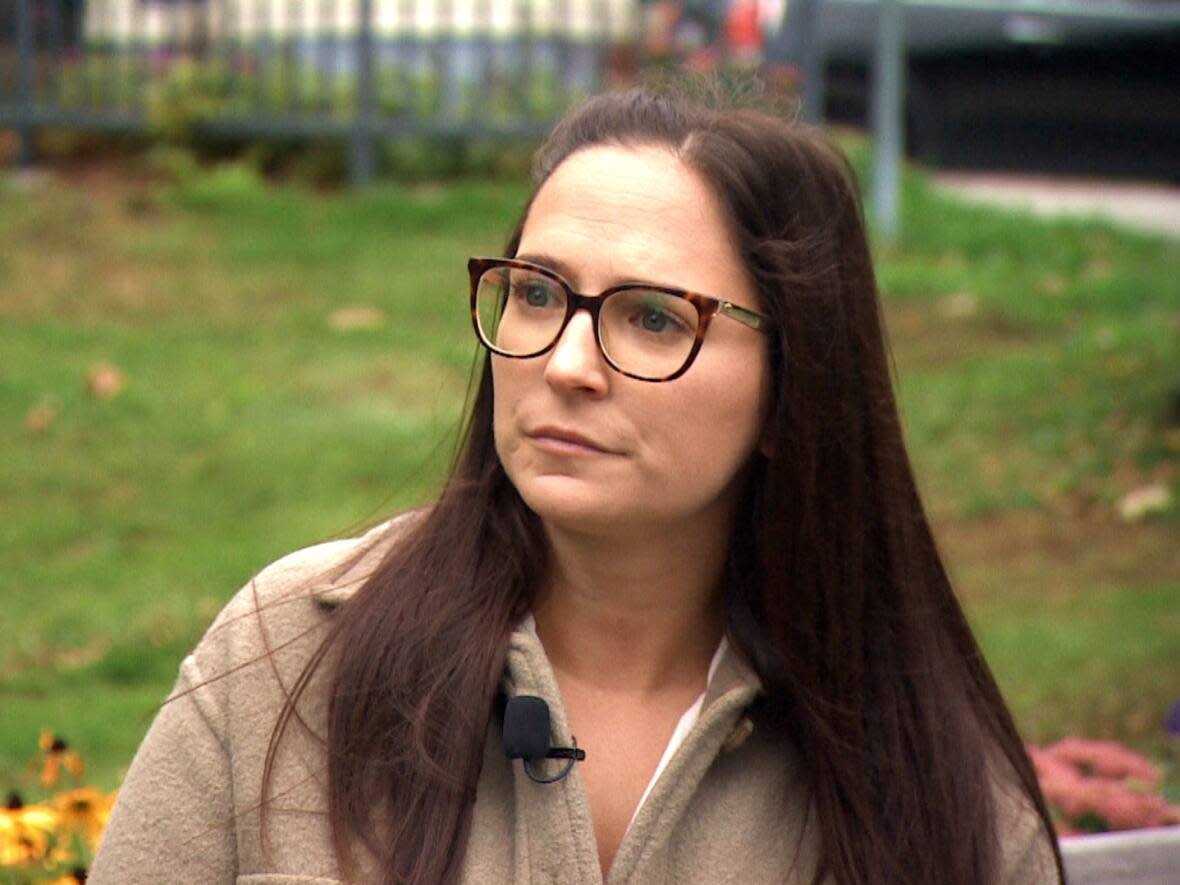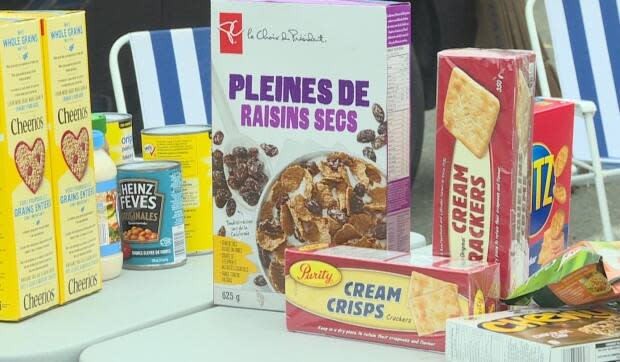As the cost of living keeps rising, more people than ever are feeling the effects, says advocate


Bridges to Hope, a food bank in St. John's, says it's facing the highest demand for their services ever experienced throughout its 32 years in operation.
"This is the greatest need we've ever had," said Jody Williams, the executive director of Bridges to Hope. "It's an everyday struggle to keep food on the shelf.… We've just been scrambling."
The price of just about everything, including groceries, has been steadily increasing for months. In what they say is an effort to help people cope with rising costs, the provincial government announced Wednesday it will provide a $500 cheque to most Newfoundlanders and Labradorians.
The cheque will be sent to every adult who filed a 2021 tax return with an income of less than $100,000 a year. People who haven't filed their 2021 tax returns will receive a cheque if they file before the end of the year.

Williams says many of his clients are homeless or don't have a steady income so they don't file tax returns — so the cheques won't go to people who need them the most.
"Some of them don't even have bank accounts for them to deposit this money into. So it's very privileged."
He said Wednesday's announcement made him laugh.
"I thought it was a bit of a joke," said Williams.
Cost of living felt across the board
The situation is so dire, however, that labour advocate Alyse Stuart says even people who have steady jobs and incomes are feeling the effects of the rising cost of living, albeit far differently.
For instance, those who typically don't struggle to pay for groceries are now paying more attention to and rethinking their food purchases. Stuart also says she's having more conversations about the challenges affording necessities like food and home heating.
"We have inflation across the board and wages aren't really catching up to that, which is why people are feeling the squeeze and the pressure" said Stuart.
"So people have to start thinking about, 'OK, how do I make this life work?'"

Stuart says people may initially breathe a sigh of relief for the cost-of-living payment, because the money could help them pay down small debts or afford extracurricular activities for their children.
But the one-time payment doesn't address long-term problems, she said.
"It is the next breath of, 'OK, but what [happens] after this cheque?" said Stuart. She said she hopes the government is also working on a multifaceted plan that will be implemented as soon as possible.
"The problem is now, and people are really suffering right now."
As temperatures drop, demands increase
On Thursday, the price of furnace oil in the province rose by 6.6 cents per litre, after increasing by 7.42 cents last week.
As colder weather approaches, Williams says the demand for his services goes up dramatically, especially among the food bank's elderly clients who live on a fixed income.
The more people pay to heat their homes, the less money they have for other necessities like food, Williams said, which forces people to make difficult decisions.
"As soon as the heat comes on, then they're going to the food bank," he said. "It is a choice between heat and food."
Williams says the food bank's phone doesn't stop ringing and they see lineups every day. Starting Wednesday, the organization is expanding its hours of operation to accommodate people who work during the day.
Bridges to Hope has also launched a text-to-donate campaign in direct response to the increasing demand. People can text "FOOD" to 45678 to donate either $5 or $20, which goes directly to supplies for the food bank.
"I'm losing sleep at night, to tell you the truth," said Williams. "I'd like to not take my job home with me, but I'm finding it hard at this point."


